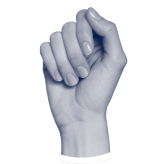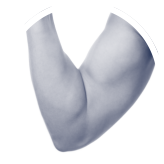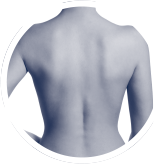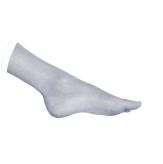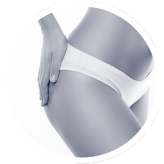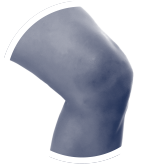
The term proper posture describes how your body is positioned and balanced, whether it is when you are sitting, standing, lying down or other activity. In the ever-present force of gravity, posture ensures that our bodies are balanced, meaning that the force is spread equally over the body and that muscles, joints or ligaments are feeling an excessive strain.
There are many causes of poor posture that result in pain or injury – the majority of these are through repetition of improper posture techniques. However, other causes of poor posture include:
- Weak core muscles
- Excessively tight muscles
- Obesity
- Pregnancy
- Wearing high-heeled shoes
Symptoms of poor posture can range from aches and pain in the area experiencing an excessive force. However, long-term poor posture can result in rounded shoulders, potbelly, bent knees, back pain, fatigue and headaches.
So, How Do you Achieve Proper Posture?
Sitting Correctly
If you have a desk job, you will be spending a large chunk of your day sitting down. However, sitting for long periods has its tolls on any muscle working when in these positions. For the best posture when sitting:
- Always have your feet on the floor or a footrest.
- Don’t cross your leg.
- Relax your shoulders
- Use a back support on your chair
- Get up and about every so often to avoid sitting in the same position for long periods.
Standing Properly
Learning to stand properly will be extremely beneficial, even if you are rarely on your feet. For the best posture when standing:
- Balance your weight mostly on the balls of your feet.
- Don’t stand rigid, slightly bend your knees and let your arms hang naturally.
- Stand straight and tall with your shoulders relaxed.
- Don’t push your head forward or back – keep it in line with your shoulders.
- If you’re standing for a long period of time – shift your weight between your toes and your heels.
Lying Perfectly
When we think of proper posture, we often overlook when we are lying down. Considering we sleep for approximately a third of our time, this is a massive oversight. To lie correct position:
- Ensure your mattress is correct and comfortable for you. Some people prefer a firm mattress (and is generally considered better for posture) but some like a soft mattress.
- Sleep with a pillow so your head is supported. Use additional pillows to level your head.
- Avoid sleeping on your front as this will cause problematic head-turning.
- If you are suffering from back pain, sleep on your side or back and use a pillow under your knees.
For more health news and tips, follow London Bridge Orthopaedics on Twitter, Facebook and LinkedIn.
Our specialties
We cover all the subspecialty areas of orthopaedics
Recent articles

Mr Adel Tavakkolizadeh Gives Update to a Group of NHS GPs
Yesterday, the upper limb surgeon Mr Adel Tavakkolizadeh gave a general hand & wrist update to a group of NHS GPs at the Albion Medical Practice in London. Mr Tavakkolizadeh suggested when its best to refer a patient and better ways ...
Read more


